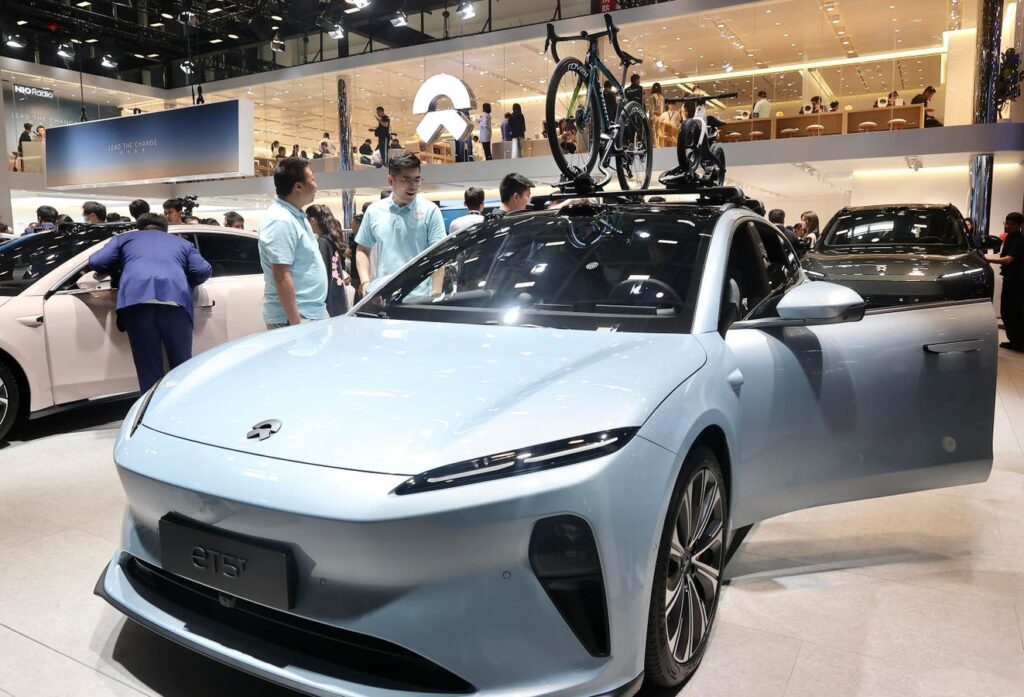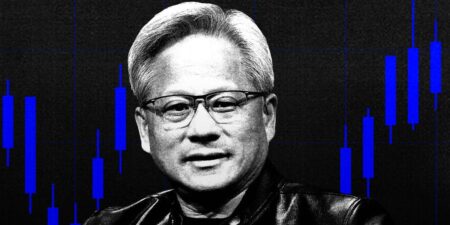Chinese luxury electric vehicle maker Nio delivered 15,620 vehicles in April, up a solid 134% versus a year ago. Sales were driven in part by the recent launch of the company’s 2024 series of vehicles, including updated versions of the ES8, ES6, EC7, EC6, and ET5T. Nio’s performance was also better than its rivals. Li Auto saw its growth slow over April, with deliveries coming in at 25,787 vehicles, up just 0.41% versus last year. Xpeng delivered a total of 9,393 vehicles in April, up 32% year-over-year.
However, NIO stock has suffered a sharp decline of 90% from levels of $50 in early January 2021 to around $5 now, vs. an increase of about 35% for the S&P 500 over this roughly 3-year period. Notably, NIO stock has underperformed the broader market in each of the last 3 years. Returns for the stock were -35% in 2021, -69% in 2022, and -7% in 2023. In comparison, returns for the S&P 500 have been 27% in 2021, -19% in 2022, and 24% in 2023 – indicating that NIO underperformed the S&P in 2021, 2022, and 2023. In fact, consistently beating the S&P 500 – in good times and bad – has been difficult over recent years for individual stocks; for heavyweights in the Consumer Discretionary sector including AMZN, TSLA, and TM, and even for the megacap stars GOOG, MSFT, and AAPL.
In contrast, the Trefis High Quality Portfolio, with a collection of 30 stocks, has outperformed the S&P 500 each year over the same period. Why is that? As a group, HQ Portfolio stocks provided better returns with less risk versus the benchmark index; less of a roller-coaster ride as evident in HQ Portfolio performance metrics. Given the current uncertain macroeconomic environment with high oil prices and elevated interest rates, could NIO face a similar situation as it did in 2021, 2022, and 2023 and underperform the S&P over the next 12 months – or will it see a recovery?
There are concerns about global EV demand, with most mainstream automakers seeing tepid demand and scaling back on their electrification goals. However, things could be a bit better in China, where the industry sees considerable government support. China recently announced new incentives of RMB 10,000 (about $1,410) for consumers to trade their older gasoline cars for electric and low-emission vehicles by year-end. However, competition and price wars are mounting. Even EV bellwether Tesla
Tesla
That said, Nio might be less impacted by the ongoing price war in the Chinese EV market, given its focus on more premium products and also due to some promotions that the company began offering on its battery rental service in March. Nio is also looking to enter the lower end of the market via new sub-brands, expanding beyond its premium price range under a brand called Alps which is reportedly set to begin production sometime this year. Nio stock trades at just about $5.30 per share, just about 1x consensus 2024 revenues. See our analysis of Nio, Xpeng & Li Auto: How Do Chinese EV Stocks Compare? for a detailed look at how Nio stock compares with its rivals Li and Xpeng.
Invest with Trefis Market Beating Portfolios
See all Trefis Price Estimates
Read the full article here
















